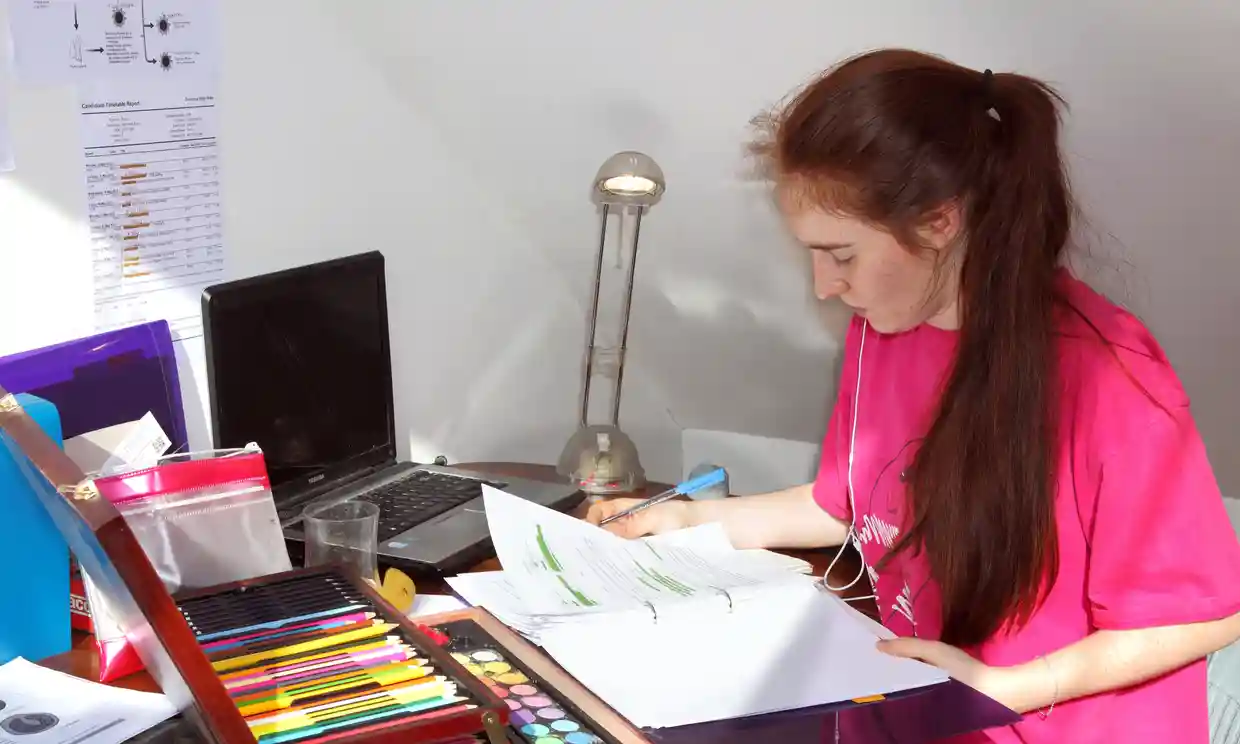AI detection software discriminates against non-native speakers of English - study

Computer programs that identify AI-generated texts can discriminate against non-native speakers of English.
Here's What We Know
Researchers ran 91 English-language essays written by non-native speakers through seven popular GPT detectors to determine their accuracy. The results showed that such articles were often mistakenly flagged as having been generated by artificial intelligence.
More than half of the essays written for the widely recognised TOEFL English language test were flagged as having been written by artificial intelligence. And one program reported that 98% of the texts were generated by AI.
When essays written by native English speakers were checked through these programs, they classified them as human-written in more than 90% of cases.
Scientists attribute the discrimination to the way the detectors distinguish AI from humans. The programs analyse for what is known as "text perplexity" - a measure of the model's "surprised" or "confused" when trying to predict the next word in a sentence.
If the algorithm performs the task easily, then the perplexity of the text is rated as low. But if the next word proves difficult to predict, the perplexity of the text is rated high.
In other words, if a person uses simple words and turns - the software is more likely to accept it as AI. As a rule, non-native speakers often use common words and phrases, which leads to discrimination.
Identifying a built-in bias in AI recognition software, researchers asked ChatGPT to rewrite essays for the TOEFL using more complex wording. When the edited texts were run through the detectors again, they were all marked as being written by humans.
With the advent of ChatGPT, the researchers say, many educators have come to view AI detection as "critical countermeasure to deter a 21st-century form of cheating". However, they warn that the 99% accuracy claimed by some detectors is "misleading at best".
Source: The Guardian